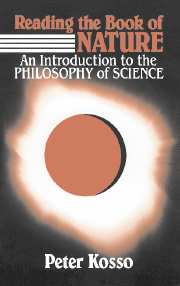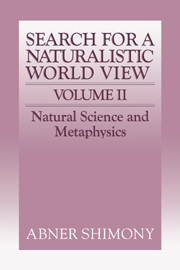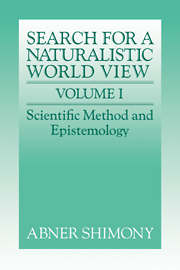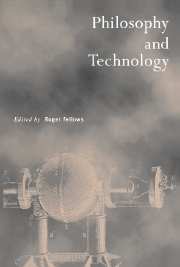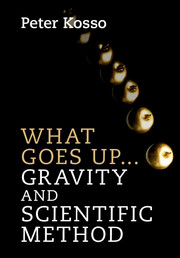Reading the Book of Nature
This is an introductory survey to the philosophy of science suitable for beginners and nonspecialists. Its point of departure is the question: why should we believe what science tells us about the world?
In this attempt to justify the claims of science the book treats such topics as observation data, confirmation of theories, and the explanation of phenomena. The writing is clear and concrete with detailed examples drawn from contemporary science: solar neutrinos, the gravitational bending of light, and the creation/evolution debate, for example. What emerges is a view of science in which observation relies on theory to give it meaning and credibility, while theory relies on observation for its motivation and validation. It is shown that this reciprocal support is not circular since the theory used to support a particular observation is independent of the theory for which the observation serves as evidence.
- Straightforward introductory survey for beginners and non-specialists
- Examples are drawn from contemporary science
Reviews & endorsements
"It is an excellent introduction to the philosophy of science, written in a clear and engaging style, well organized and focused, and surprisingly comprehensive in terms of the depth and detail of the themes it develops. Kosso has succeeded in making the argument accessible. There is little jargon, and what there is is explained along the way and in a helpful glossary at the back of the book." Gordon Brittan Jr., Montana State University
Product details
July 1992Paperback
9780521426824
212 pages
215 × 138 × 18 mm
0.245kg
Available
Table of Contents
- Introduction
- 1. Theories
- 2. Internal and external virtues
- 3. Explanation
- 4. Confirmation
- 5. Underdetermination
- 6. Observation:
- 7. Blurring the internal-external distinction:
- 8. Coherence and truth:
- 9. Objective evidence
- 10. Science and common sense
- Glossary of terms
- Suggested reading
- Index.

